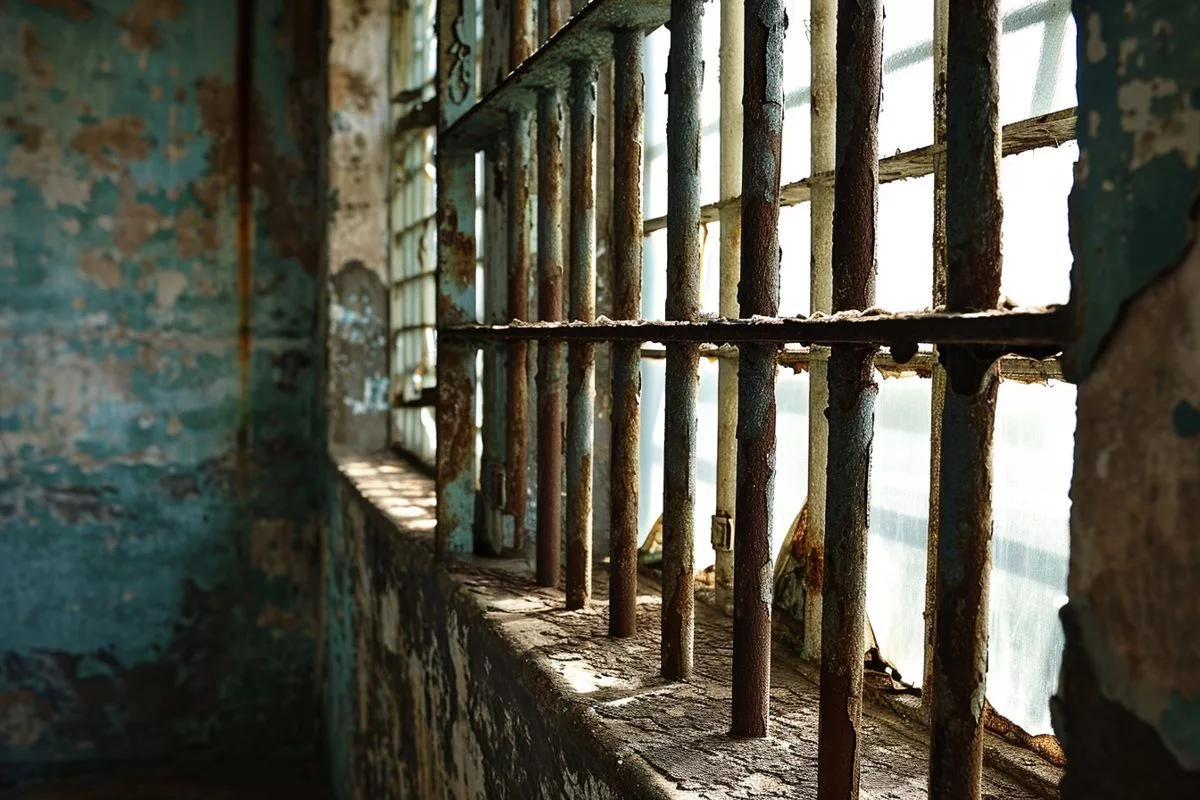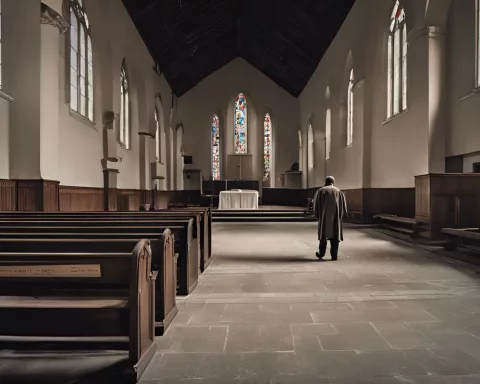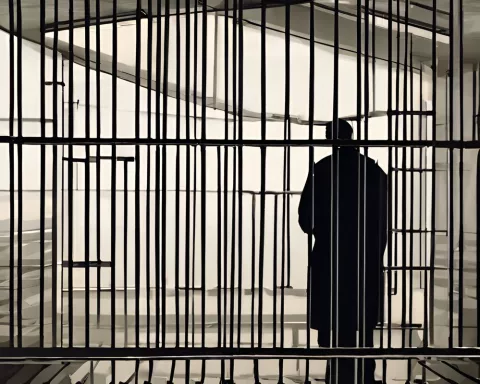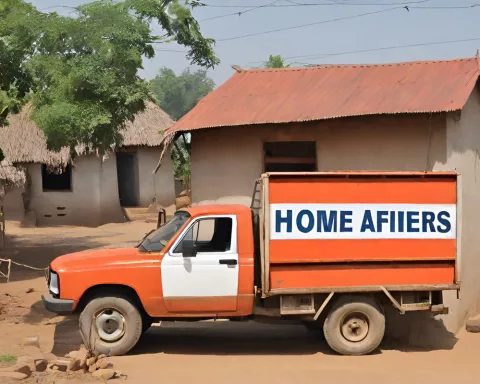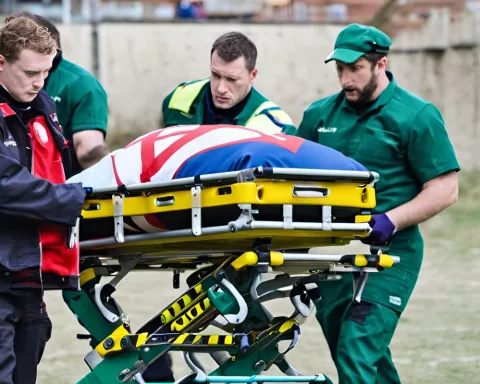Oscar Pistorius, the former Paralympian convicted of murdering his girlfriend in 2013, will be granted parole starting from January 5, 2024, according to the Correctional Supervision and Parole Board. Pistorius will be integrated into the Community Corrections system and will be under supervision until his sentence concludes in 2029. He will be required to adhere to specified home hours, abstain from alcohol and other illicit substances, and engage in specific programmes as outlined by the CSPB, while not being allowed to partake in media interviews.
When will Oscar Pistorius be granted parole and what are his post-release conditions?
Oscar Pistorius will be granted parole starting from January 5, 2024. After his release, he will be integrated into the Community Corrections system where he will be under supervision until his sentence concludes in 2029. His parole conditions will align with standard practices. He will be required to adhere to specified home hours, abstain from alcohol and other illicit substances, and engage in specific programs as outlined by the CSPB. Additionally, Pistorius will not be allowed to partake in media interviews.
Recent Developments
The correctional justice domain is currently electrified by the fresh news from South Africa’s Department of Correctional Services (DCS). On November 24, 2023, the Correctional Supervision and Parole Board (CSPB) arrived at a ruling concerning Oscar Pistorius’ parole, a decision that can be enforced and is deemed valid. According to the ruling, the Paralympic runner will be granted parole starting from January 5, 2024.
Oscar Pistorius, a figure once renowned for his astounding athletic capabilities, found himself cast in a darker light in 2013. The former Paralympian was found guilty of murdering his girlfriend, Reeva Steenkamp, on Valentine’s Day. This unfortunate and widely reported incident culminated in Pistorius being sentenced to 13 years behind bars by the Supreme Court of Appeal in 2017. This sentencing came after the State’s appeal to increase his original six-year sentence.
The Incident and Its Aftermath
The event leading to Pistorius’ conviction involved him discharging four bullets through his bathroom door, citing his perception of an intruder’s presence in his home. However, the disastrous happenings inside that bathroom heralded a drastic shift in Pistorius’ life, transitioning him from a much-admired athlete to a certified felon.
Despite Pistorius’ well-known status, the DCS maintains that he won’t be treated differently from other inmates. Information regarding his release time and transportation plans is classified to mitigate potential safety risks to the inmate and others involved. The DCS’s decision to treat Pistorius like any other inmate showcases its commitment to upholding the principles of equality and impartiality within the correctional justice framework.
Pistorius’ Post-Release Life
Upon his release, Pistorius will be integrated into the Community Corrections system, wherein he will be under supervision until his sentence concludes in 2029. His parole conditions will align with standard practices. He will be required to adhere to specified home hours, abstain from alcohol and other illicit substances, and engage in specific programmes as outlined by the CSPB. Additionally, Pistorius will not be allowed to partake in media interviews, a norm applied to individuals on parole.
The DCS’s handling of Pistorius’s parole is a testament to South Africa’s commitment to a criminal justice system that puts the victim first. The country abstains from publicizing inmates and parolees, a practice grounded in respect for their victims. Consequently, while the media may continue reporting outside correctional facilities, they will be forbidden from capturing images or video footage of Pistorius.
The shift from life inside correctional facilities to regular living can pose significant challenges for parolees. Therefore, the supportive role of caregivers and relatives becomes indispensable. They are charged with supplying the requisite support for freshly released individuals to acclimate to standard living routines while collaborating with DCS monitoring officials.
Case Significance
The Oscar Pistorius case offers a fascinating exploration of correctional justice procedures. His forthcoming parole could serve as a precedent for future dialogues on crime, punishment, and rehabilitation within the justice framework. Regardless of his case’s infamy, the processes surrounding his parole have been conducted with the same degree of professionalism and adherence to standard practice as any other. This reflects the core principles of equality and fairness inherent to the South African correctional system.
1. When will Oscar Pistorius be granted parole and what are his post-release conditions?
Oscar Pistorius will be granted parole starting from January 5, 2024. After his release, he will be integrated into the Community Corrections system where he will be under supervision until his sentence concludes in 2029. His parole conditions will align with standard practices, and he will be required to adhere to specified home hours, abstain from alcohol and other illicit substances, and engage in specific programmes as outlined by the CSPB. Additionally, Pistorius will not be allowed to partake in media interviews.
2. What led to Pistorius’ conviction?
Pistorius was found guilty of murdering his girlfriend, Reeva Steenkamp, on Valentine’s Day in 2013. He discharged four bullets through his bathroom door, citing his perception of an intruder’s presence in his home.
3. Will Pistorius be treated differently from other inmates?
The DCS maintains that Pistorius won’t be treated differently from other inmates. Information regarding his release time and transportation plans is classified to mitigate potential safety risks to the inmate and others involved. The DCS’s decision to treat Pistorius like any other inmate showcases its commitment to upholding the principles of equality and impartiality within the correctional justice framework.
4. What is the Community Corrections system, and how will it support Pistorius after his release?
The Community Corrections system is a post-release supervision program that supports inmates as they transition back into society. Pistorius will be required to adhere to specified home hours, abstain from alcohol and other illicit substances, and engage in specific programmes as outlined by the CSPB. Additionally, Pistorius will not be allowed to partake in media interviews. The supportive role of caregivers and relatives becomes indispensable, and they are charged with supplying the requisite support for freshly released individuals to acclimate to standard living routines while collaborating with DCS monitoring officials.
5. Why won’t the media be allowed to capture images or video footage of Pistorius after his release?
South Africa abstains from publicizing inmates and parolees, a practice grounded in respect for their victims. Consequently, while the media may continue reporting outside correctional facilities, they will be forbidden from capturing images or video footage of Pistorius.
6. What significance does the Oscar Pistorius case have in the conversation surrounding correctional justice procedures?
The Oscar Pistorius case offers a fascinating exploration of correctional justice procedures. His forthcoming parole could serve as a precedent for future dialogues on crime, punishment, and rehabilitation within the justice framework. Regardless of his case’s infamy, the processes surrounding his parole have been conducted with the same degree of professionalism and adherence to standard practice as any other. This reflects the core principles of equality and fairness inherent to the South African correctional system.

